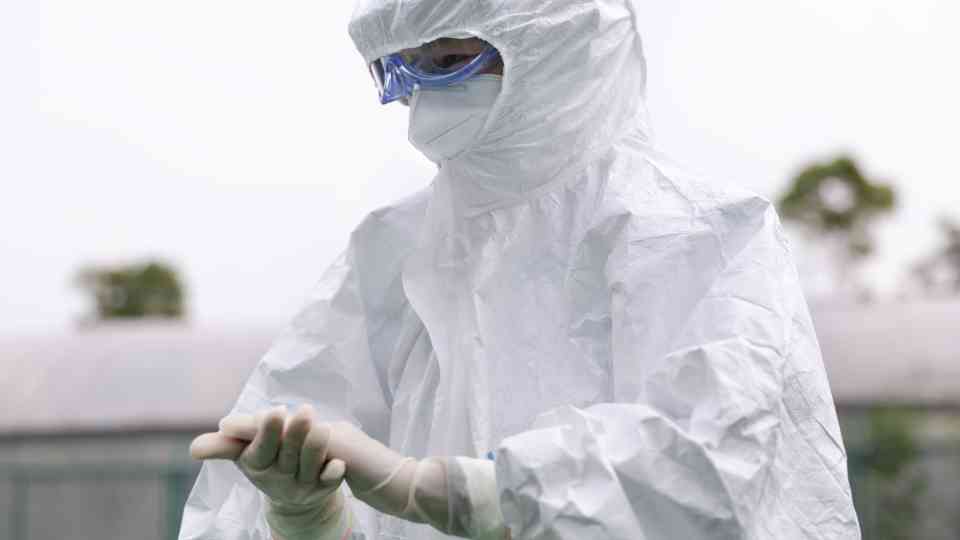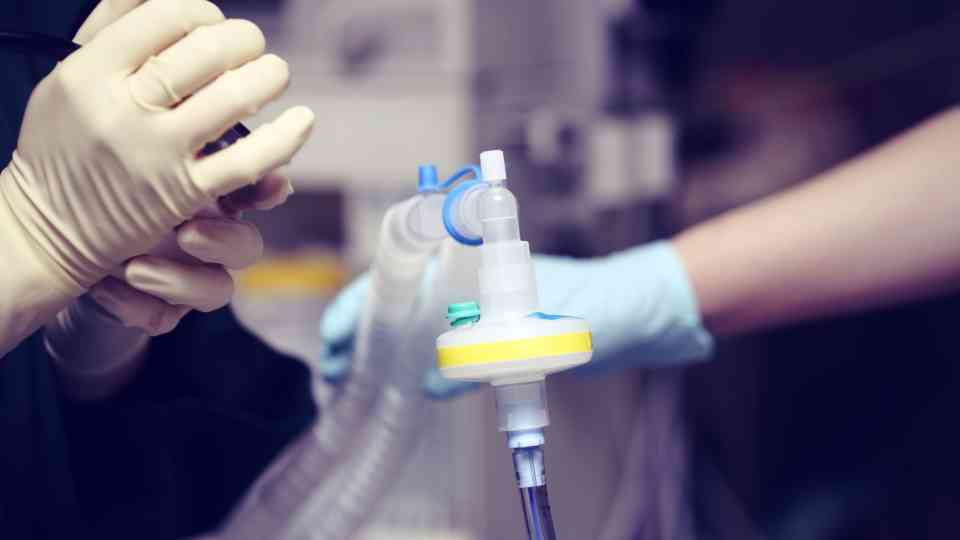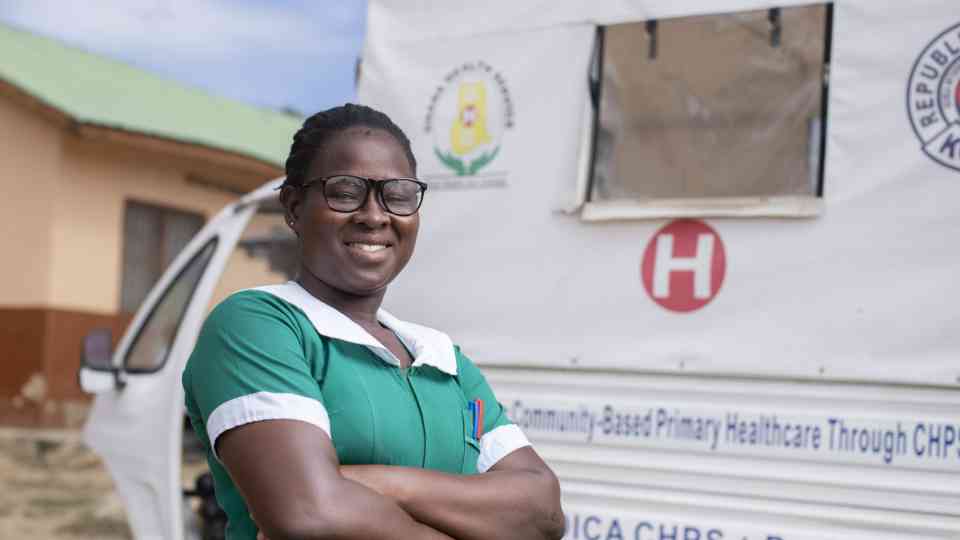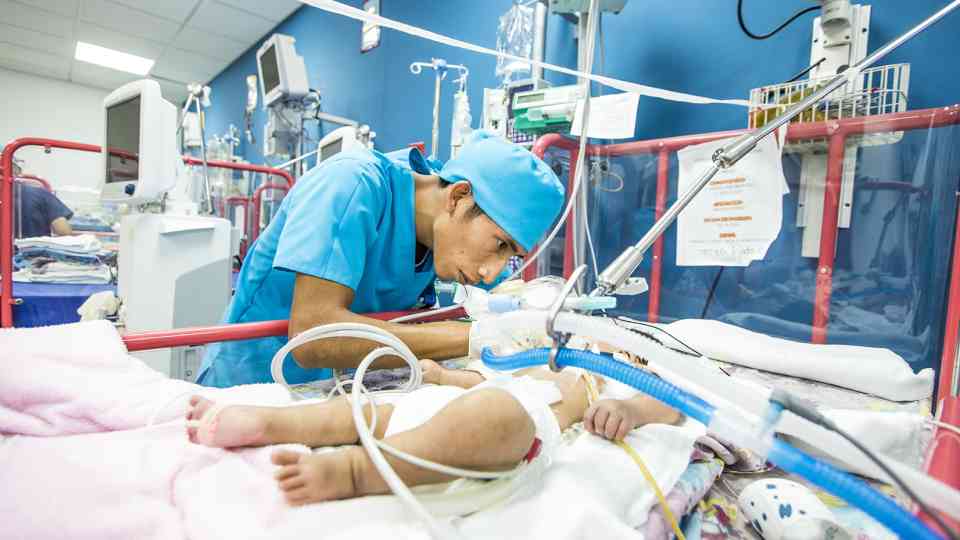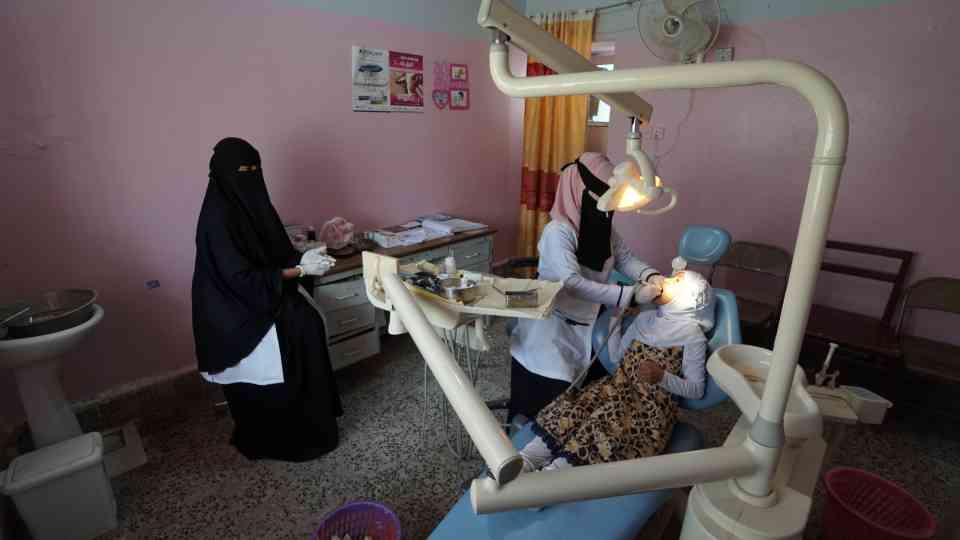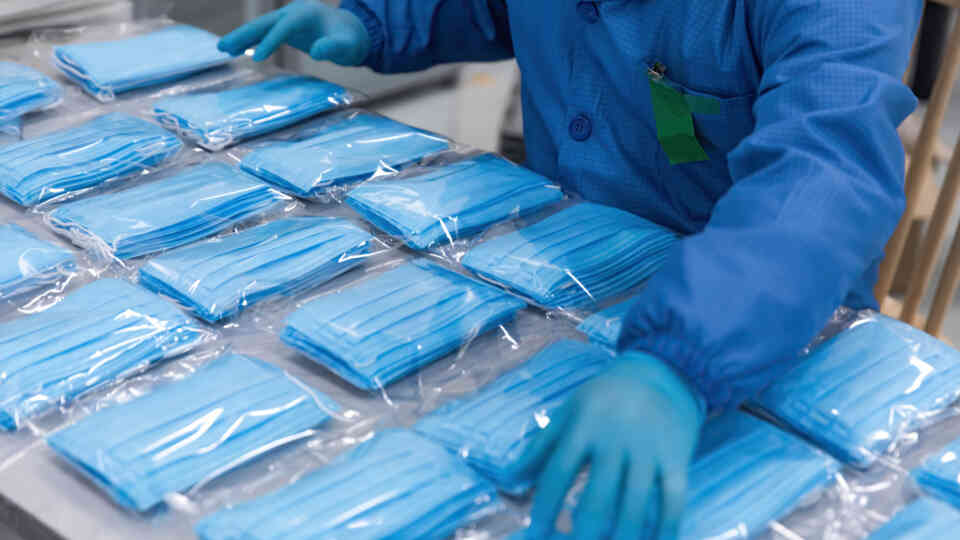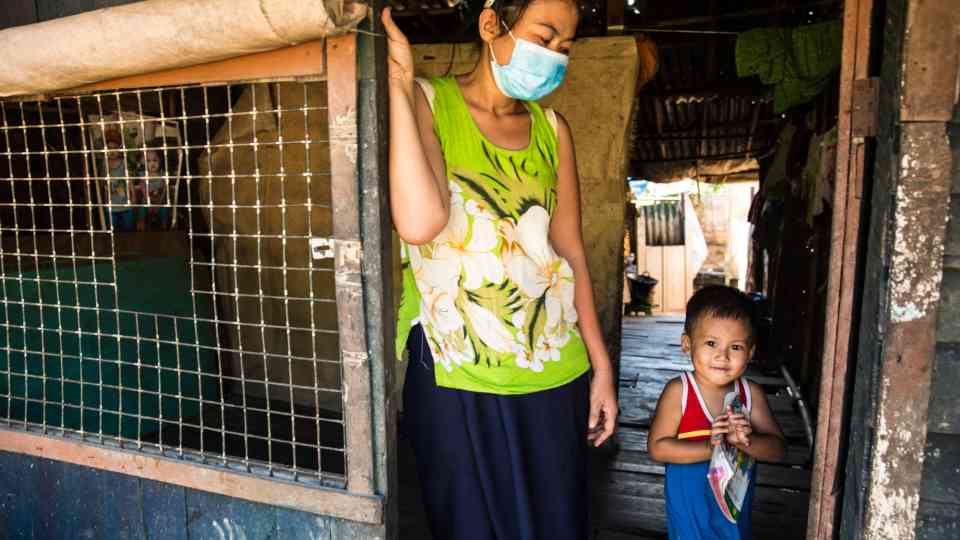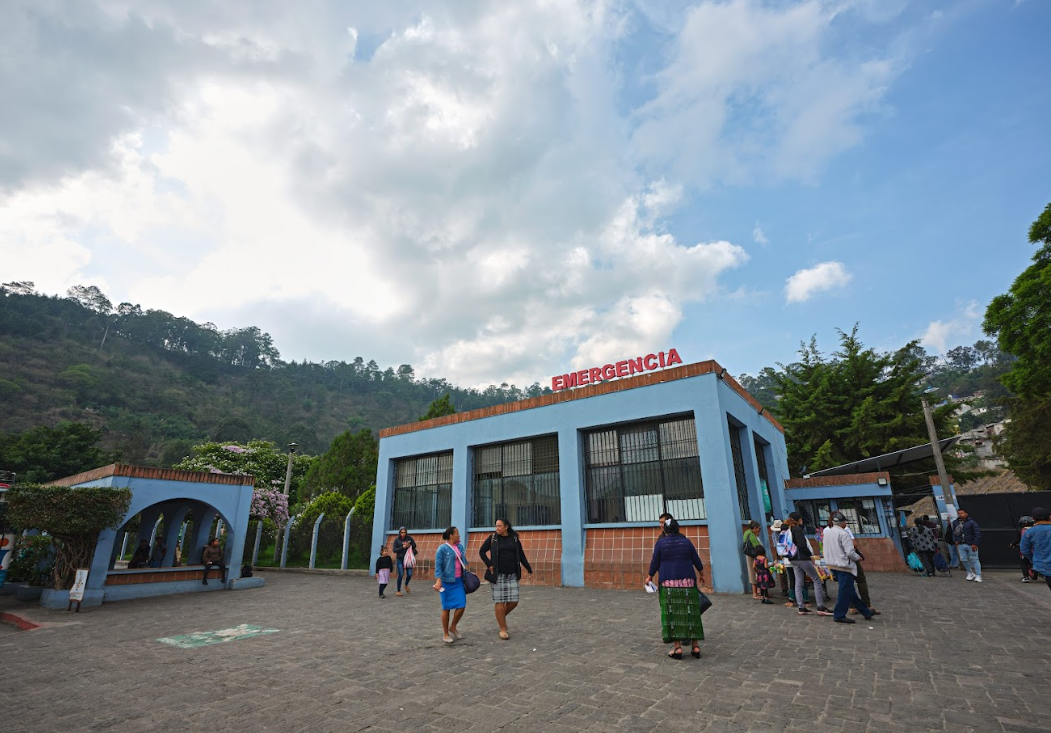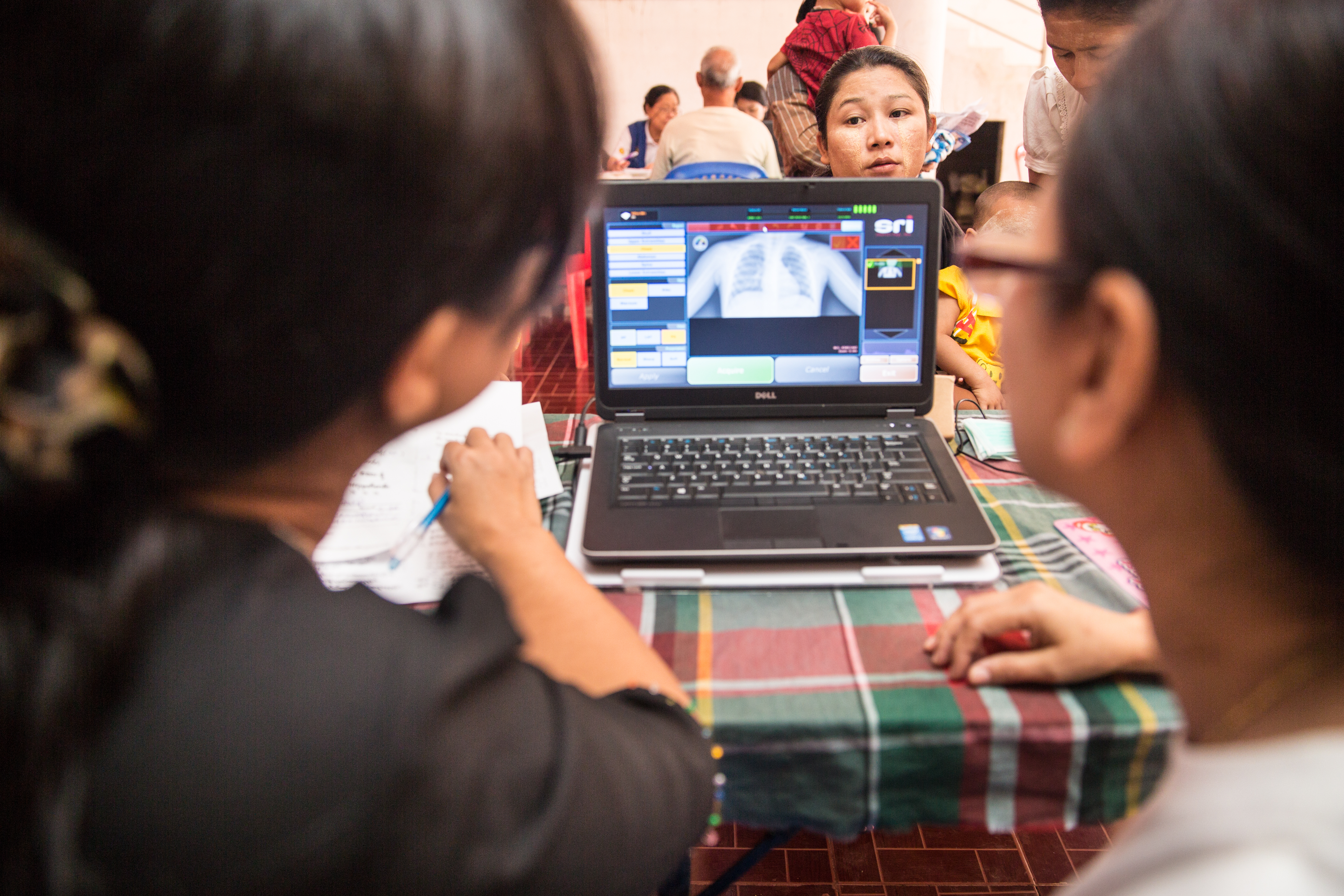The United Nations Office for Project Services (UNOPS)
A safer, healthier future for all

As we approach one year since the first COVID-19 cases were reported, we are reminded of the need to build a world where quality healthcare leaves no one behind.
COVID-19 continues to spread rapidly throughout the globe, challenging communities and nations alike. The pandemic has stretched the capacity of health systems and put medical personnel and first responders under immense pressure. Stockpiles of essential medical items are often in limited supply. And many governments have been forced to adopt new approaches to healthcare delivery to ensure access and services for all.
The pandemic has also further exposed and heightened global inequalities. Millions of jobs have been lost. Children are not getting the education they need. And any gains made in improving gender equality are at risk of being lost, with women and girls being disproportionately affected by the socio-economic impacts of COVID-19.
The pandemic has exposed deep-rooted inequalities in our societies. It has led to the loss of lives and livelihoods,and put a huge strain on public health systems and economies. The most vulnerable have been the hardest hit.
Explore some ways we’re helping to improve access to healthcare
In these unprecedented times, UNOPS is working closely with the United Nations family, governments, and other partners including the private sector, to support COVID-19 response efforts and to help countries recover and rebuild.
COVID-19 has challenged communities worldwide. UNOPS is helping 70 countries respond and recover.
From equipping health workers at the front lines and building temporary health infrastructure, to providing longer-term support for strengthening national health systems and mitigating the negative socio-economic impacts of the pandemic, UNOPS continues to respond to our partners’ needs and charter new ways to improve access to healthcare services – both now and in the future.
“We need a recovery that goes hand-in-hand with climate action and gender equality. A recovery that leads to stronger health systems across the world. A recovery that creates a world that is more equal, inclusive and sustainable,” added Ms. Faremo.
Now, more than ever, we remain committed to building a safer, healthier and inclusive future for all.







